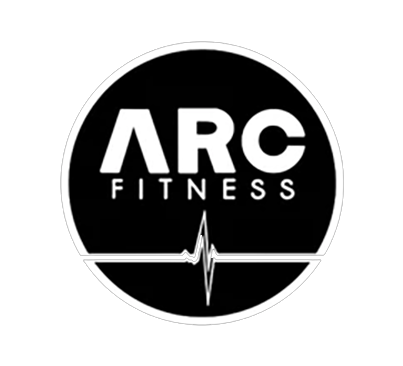No products in the basket.
Enabling – When help becomes unhelpful.
Enable:
“To give (someone) the authority or means to do something; to make it possible for”.
Addiction not only affects the individual, it also causes ripple effects through the wider family unit. At times families are left trying to navigate the addiction merry-go-round trying their utmost to protect the person and eventually through frustration and exacerbation, protect themselves.
Fundamentally, most families want to help when a loved one is suffering from a drug or alcohol problem, however, sometimes that “help” becomes enabling.
Enabling comes in all different forms.
